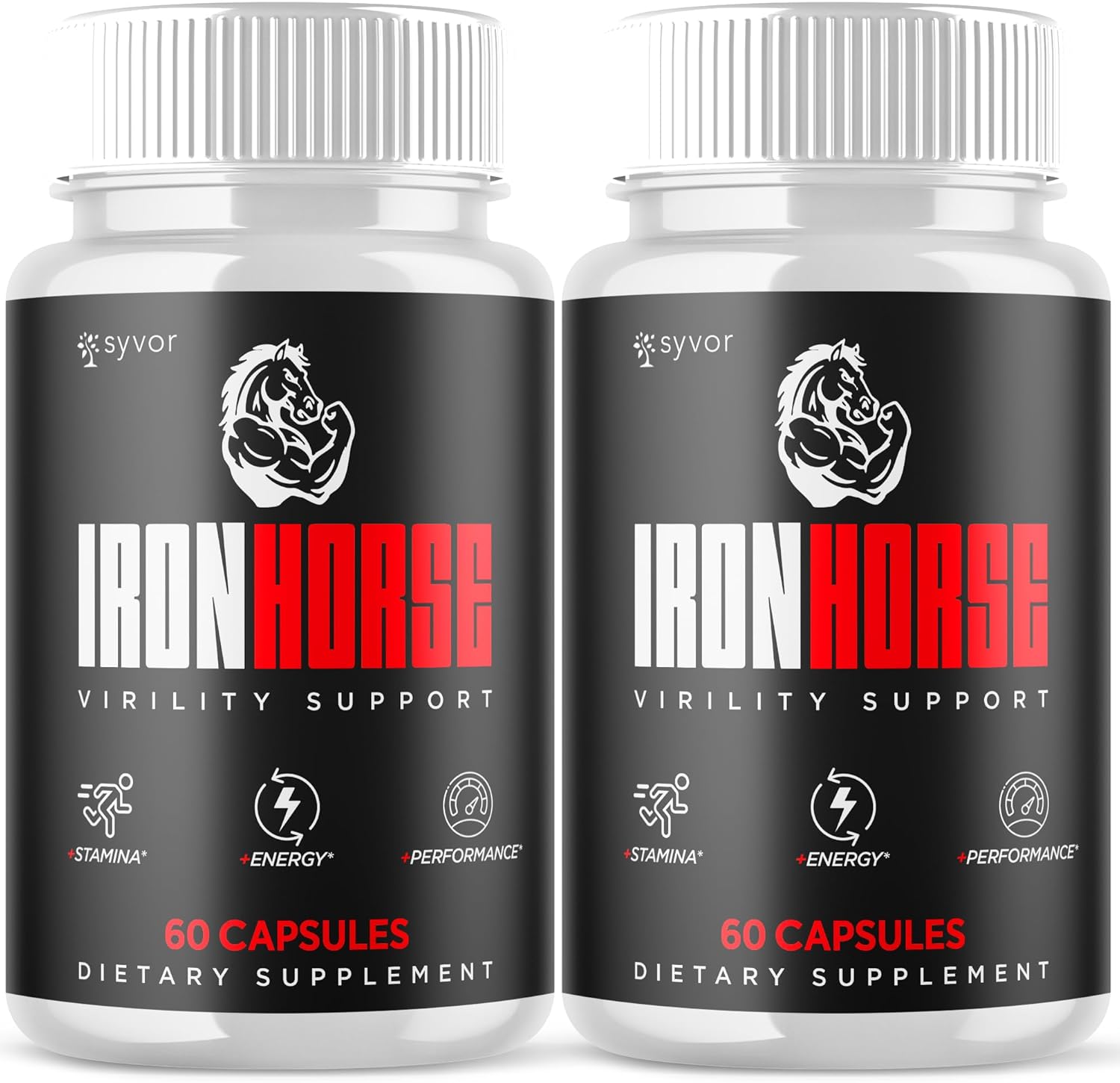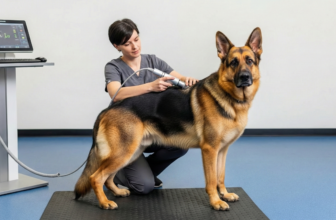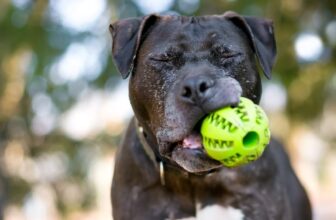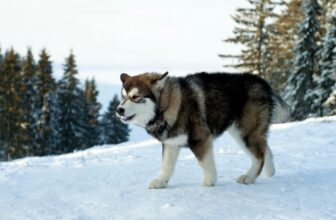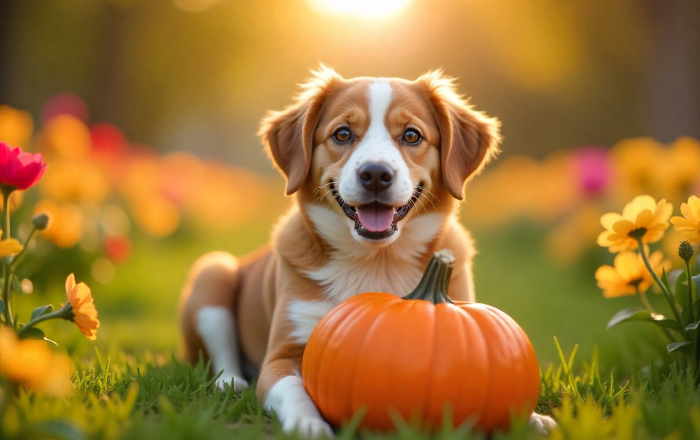
Check out our latest products
Pumpkin consumption peaks in the US during the fall and early winter months, which is largely driven by cultural traditions and holiday cooking. But have you ever thought if the lip-smacking veggie is suitable for our furry babies? Well, you will be happy to know that pumpkin is suitable for both cats and dogs. However, its excessive consumption may also have adverse effects on your pals. To help you out, we’ve come up with this blog where we will take you through the benefits and risks of pumpkin consumption for dogs and cats. Read on to find out more.
Can Dogs Eat Pumpkins?
Yes, dogs can safely consume pumpkins. However, there are both benefits and risks associated with it. Let’s elaborate.
Benefits of Pumpkin Consumption in Dogs
Here’s how pumpkin benefits dogs.
- Supports the Overall Health: Pumpkins are enriched with various nutrients like vitamin A, potassium and fiber that support the overall health of dogs.
- Benefits the Eyes: Vitamin A, present in pumpkins, promotes healthy eyes in dogs and also delays age-related eye degeneration.
- Boosts the Immune Health: Pumpkins contain antioxidants like vitamin C and E that protect dogs against illnesses by boosting their immune system.
- Moisturizes the Skin & Coat: Pumpkins and their seeds ensure healthy skin and coat of dogs by keeping them moisturized.
- Supports the Urinary Health: Pumpkins are enriched with Potassium, that helps regulate urinary pH and aids in the prevention of bladder and kidney stones in dogs.
- Aids in Digestion: Pumpkins contain both soluble and insoluble fibers that aid in healthy digestion in canines.
- Controls Parasites: Pumpkin contains a component called cucurbitacin, which helps in the prevention of worm infestations in dogs.
- Helps in Weight Loss: Pumpkins are filling and make dogs feel fuller for a long time. Thus, they encourage dogs to eat less and help with weight loss.
- Ensures Hydration: Pumpkin puree and ones that come in cans contain plenty of water and keep dogs hydrated.
- Provides High Palatability: Pumpkins are highly palatable and entice the pickiest of canines.
Risks of Pumpkin Consumption in Dogs
Dogs should be offered pumpkins in moderation, as excessive consumption can have adverse effects. Let’s take a detailed look at the risks of excessive pumpkin consumption in canines.
- Nutrient Imbalance: Consumption of excessive pumpkins can deprive dogs of essential nutrients they get from their regular diet. Dogs that eat large quantities of pumpkin may suffer from malnutrition if it replaces their balanced meals.
- Vitamin A Toxicity: Being naturally rich in vitamin A, pumpkin supports vision and immunity in dogs. However, overconsumption of this vegetable can lead to vitamin A toxicity, symptoms of which can include weakness, bone abnormalities, peeling skin, or liver issues.
- Blood Sugar and Calorie Concerns: Though pumpkin is low in sugar, its excessive consumption can disrupt blood sugar balance in diabetic dogs and result in weight gain.
- Unsafe Pumpkin Products: Pumpkin-based products like pumpkin pie filling or spiced canned pumpkin designed for human consumption are generally unsafe for dogs. The products often contain nutmeg, cinnamon, added sugars, sodium, or xylitol, all of which can cause poisoning leading to tremors, seizures, low blood sugar, or liver failure.
Frequently Asked Questions
Q:1 Can dogs eat pumpkin seeds?
Ans. Dogs can safely eat pumpkin seeds. However, the quantity should be in moderation. They must also be plain and unsalted to avoid health complications.
Q:2 How often can dogs eat pumpkin?
Ans. Dogs can safely eat pumpkin daily, but the quantity should be moderate and based on their size, with pumpkin treats comprising no more than 10% of their daily diet.
Q:3 Can dogs eat pumpkin skin?
Ans. Consumption of pumpkin skin is generally not recommended for dogs, as it is tough and difficult for dogs to digest. Eating pumpkin skin, whether raw or cooked, may cause stomach discomfort or temporary digestive issues in canines, such as bloating or upset stomach.
Q:4 Can dogs eat pumpkin puree?
Ans. Dogs can safely eat plain pumpkin puree, and it can be beneficial for their digestion and overall health when given in moderation.
Can Cats Eat Pumpkins?
Pumpkin is generally considered safe for cats. However, it can also be risky if not served with proper care. Let’s take a look at the benefits and risks associated with pumpkin consumption in cats.
Benefits of Pumpkin Consumption in Cats
Here’s how pumpkin can benefit cats.
- Improves Digestive Health: Being rich in soluble fiber, pumpkin helps absorb excess moisture in the digestive tract, preventing constipation and diarrhea by regulating bowel movement.
- Promotes Weight Management: The high fiber content in pumpkins provides a feeling of fullness in cats and helps control their appetite, thus supporting weight management.
- Prevents Hairball: Pumpkin is enriched in fibre that helps move hairballs through the digestive system, reducing the chances of intestinal blockages.
- Restores Nutrients: Pumpkins feature essential nutrients like vitamin A, potassium, and beta-carotene, supporting the overall health and well-being of cats.
- Offers Anti-inflammatory Benefits: Ground pumpkin seeds offer cats anti-inflammatory benefits and help reduce irritation and pain in anal gland issues.
- Supports Parasite Control: Pumpkin seeds contain cucurbitin, which acts as a natural dewormer by helping to reduce intestinal parasites. However, it is not a replacement for veterinary deworming treatments.
Risks of Pumpkin Consumption in Cats
Cats should be offered pumpkins in moderation, as over-consumption of the vegetable can have harmful effects on your feline companion. Let’s take a detailed look at the risks of excessive pumpkin consumption in cats.
- Digestive Upset: Consumption of excessive pumpkin can cause bloating, gas, diarrhea, or constipation in cats due to its high fiber content.
- Unsafe Pumpkin Products: Pumpkin products made for human consumption, like Pumpkin pie filling, spiced pumpkin, or canned pumpkin with additives like sugar, cinnamon, nutmeg, and other spices, are not safe for cats. They can cause vomiting and diarrhea.
- Choking Hazards: Raw pumpkins can be a choking hazard for cats. They can also suffer from intestinal blockages if fed large pieces of the vegetable.
- Allergic reactions or intolerance: Prior to feeding pumpkins to your cat, you must determine that it doesn’t have any sensitivities and allergies to the vegetable, as it can lead to vomiting or diarrhea.
- Underlying Health Concerns: If your cat has gastrointestinal disorders or diabetes, pumpkins may not be appropriate for its consumption. In a situation like this, seek your vet’s help.
Frequently Asked Questions
Q:1 Can cats eat pumpkin seeds?
Ans. Cats can eat pumpkin seeds safely if they are properly prepared. The best way to feed pumpkin seeds to cats is by roasting them without any additives such as salt, oil, or seasoning, and then grinding or crushing into a fine powder.
Q:2 Can cats eat pumpkin puree?
Ans. Cats can safely eat plain pumpkin puree. It promotes healthy digestion.
Q:3 Can cats eat pumpkin pie?
Ans. A pumpkin pie is not safe for cats as it contains ingredients such as nutmeg, cinnamon, allspice, and ginger that are harmful or toxic to them.
Q:4 Can cats eat pumpkins every day?
Ans. Cats can eat pumpkin every day, but only in small, controlled amounts.
Wrapping Up
Pets can safely enjoy pumpkin as a nutritious addition to their diet. But this vegetable needs to be fed to them appropriately. If not fed in moderate quantities, the vegetable can lead to adverse effects. Always remember to avoid pumpkin products with additives, sugars, spices, or artificial sweeteners, which can be harmful for pets. Also, introduce pumpkins gradually to pets and consult a veterinarian if your pet has any pre-existing health concerns.
Also, Get informed about unsafe foods for dogs
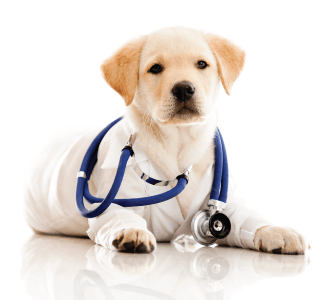
David joined CanadaVetCare in 2013 as a product analyst and veterinary assistant. Being a passionate pet lover and keen animal health researcher, David had always found ways and solutions to help pet parents to improve their pets’ health. He is always happy to answer pet health-related queries and recommending pet parents for the right pet product for their furry companions.



![[PETHROOM] Cat Nail Clipper Trimmer for Indoor Cats with Circular Cut Hole (2mm) | Premium Sturdy Stainless Steel Blade Cat Claw | Safe, Easy, Accurate, Quiet & Fast | Avoid Overcutting](https://m.media-amazon.com/images/I/6156hi88deL._AC_SL1298_.jpg)
![[PETHROOM] Professional Eye Comb for Pets | Stainless Steel Tear Stain Remover for Cats & Dogs | Gentle Round-Head Grooming Tool | Compact & Portable for Eye Gunk Removal](https://m.media-amazon.com/images/I/71+W758uwXL._SL1500_.jpg)



